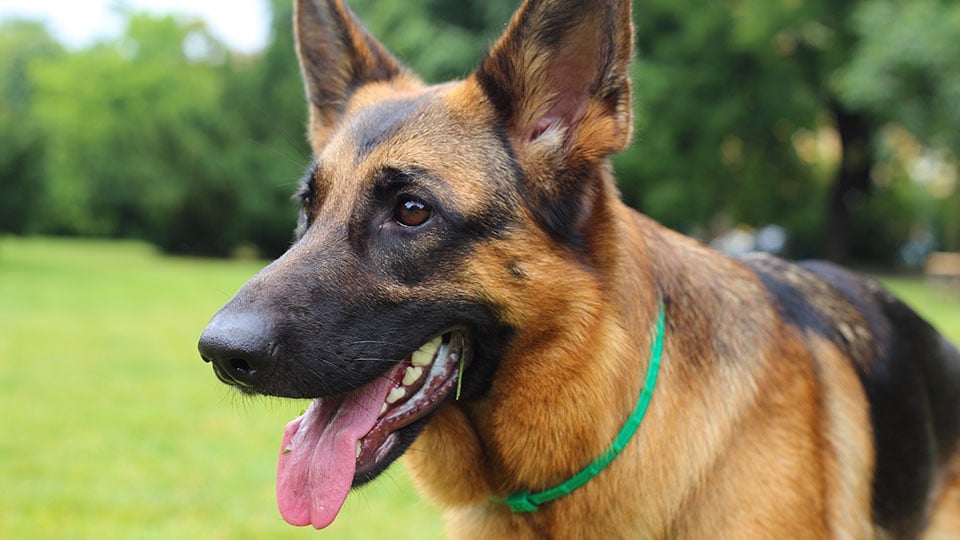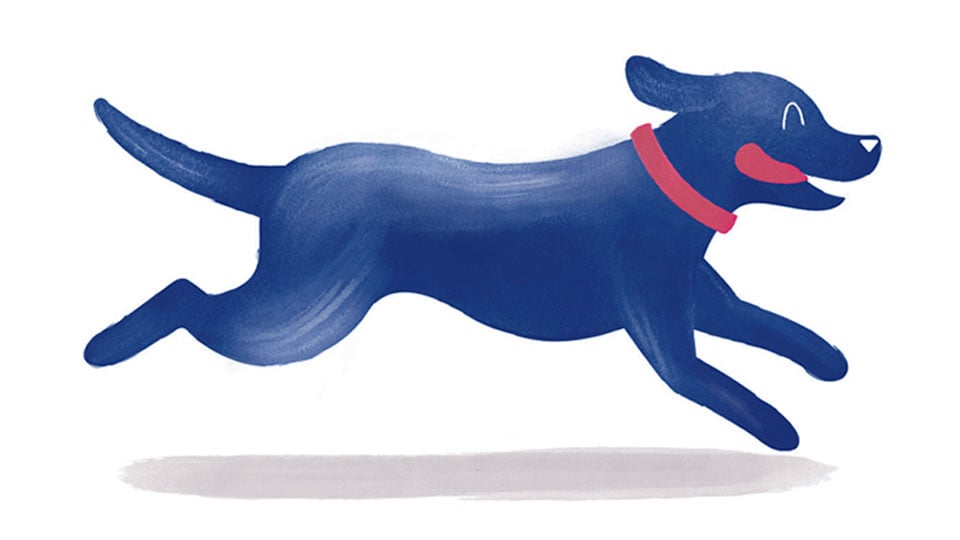Five Ways Dental Disease Can Affect Your Dog’s Health
Dental disease can seriously impact your dog’s overall health. Find out the dangers and how to avoid them.

Just like humans, dogs need a good dental routine to keep their teeth and gums in top condition. If their teeth aren’t properly looked after, they’re at risk of developing dental disease. This not only affects their mouth, teeth and gums, it can also create issues elsewhere in the body.
Keep reading for five ways dental disease can affect your dog’s overall health.
1. Jaw fractures
While it may sound drastic, a surprising number of dogs end up with a fractured jaw as a result of dental disease. This is particularly common in smaller breeds with disproportionately large teeth, such as Chihuahuas, Maltese and Shih Tzus.
Conditions like chronic infection and periodontal (gum) disease can gradually weaken a dog’s jawbone, and something as simple as jumping off a sofa or eating crunchy kibble can lead to a jaw fracture.
2. Increased risk of heart disease
According to the World Small Animal Veterinary Association, periodontal disease is linked to heart diseases like endocarditis (a potentially fatal infection of the heart’s inner lining). The risk of endocarditis can be up to six times higher in dogs with advanced gum disease as opposed to those without.
While the exact reason is unknown, the two conditions often occur together, and the bacteria present in endocarditis is identical to that identified in periodontal disease.

3. Pain and discomfort
It’s uncommon for a dog to show signs of pain, but dental disease can become increasingly uncomfortable for your pet.
Many dogs will avoid eating on the affected side of their mouth to avoid pain or start to favour wet food over dry, crunchy kibble.
Once the issue starts to cause pain, it’s more likely to develop secondary infections, which can complicate the condition. Occasionally, the pain is caused by a sudden issue such as a broken tooth or an object lodged between their molars.
While your dog might successfully hide the issue, the pain can have an impact on their quality of life, and can even result in behavioural changes, including aggression and depression.
4. Rapid weight loss
As dental disease continues, your dog may find it increasingly difficult to eat; they may appear to go off their food altogether as it becomes too painful to chew.
This can result in rapid weight loss, which causes myriad issues – if they aren’t eating enough, they’re unable to receive all the essential nutrients their body need to function properly.
If the condition isn’t dealt with, your dog’s immune system will weaken and become unable to fight off further infection or other diseases.
5. Promotes inflammation
A dental infection creates bacteria, which trigger the immune system and result in inflammation. The inflammatory response kills bacteria, but it also destroys healthy tissue in the process. This can lead to tissue loss, pain and infection in the surrounding area.
More inflammation occurs in severe cases of dental disease, which increases the risk of bacteria entering the bloodstream and migrating to other parts of their internal system. This can cause damage and infections, creating further complications elsewhere in the body.

Preventing dental disease
The best way to prevent dental disease, and avoid its serious side effects, is to maintain a regular dental routine with your dog. This includes regular brushing with dog-friendly toothpaste, feeding them a low-sugar diet and attending regular dental check-ups.

Head to our dedicated Dog Dental Care advice for your complete guide on looking after your dog’s teeth.


